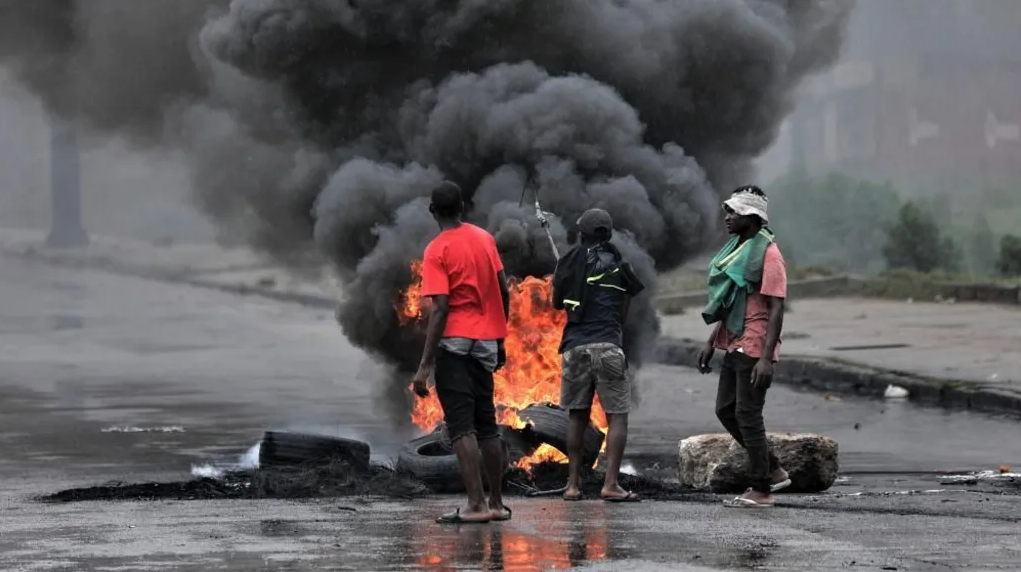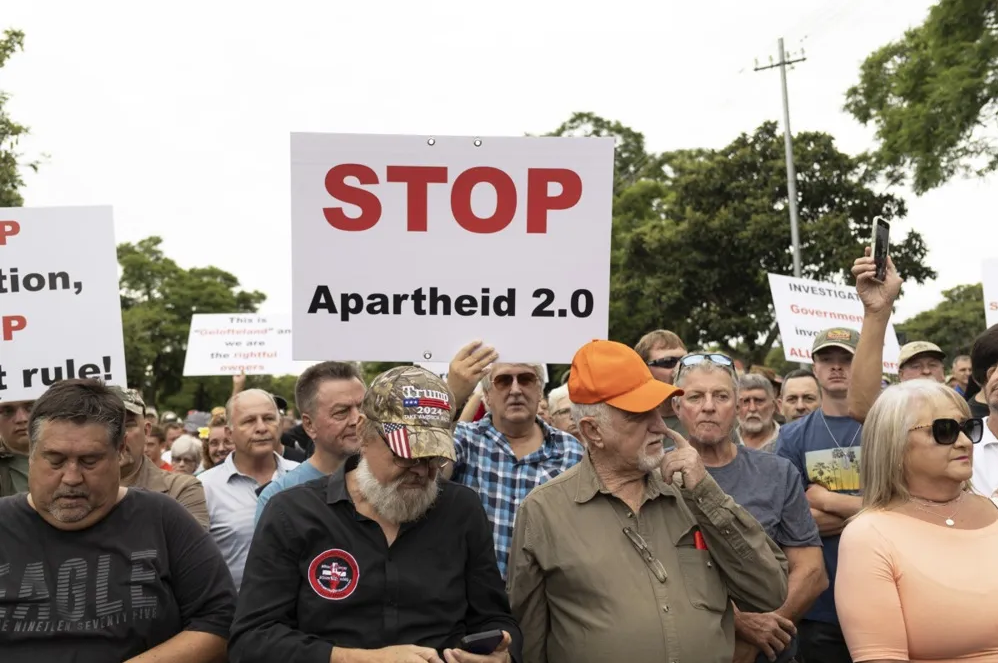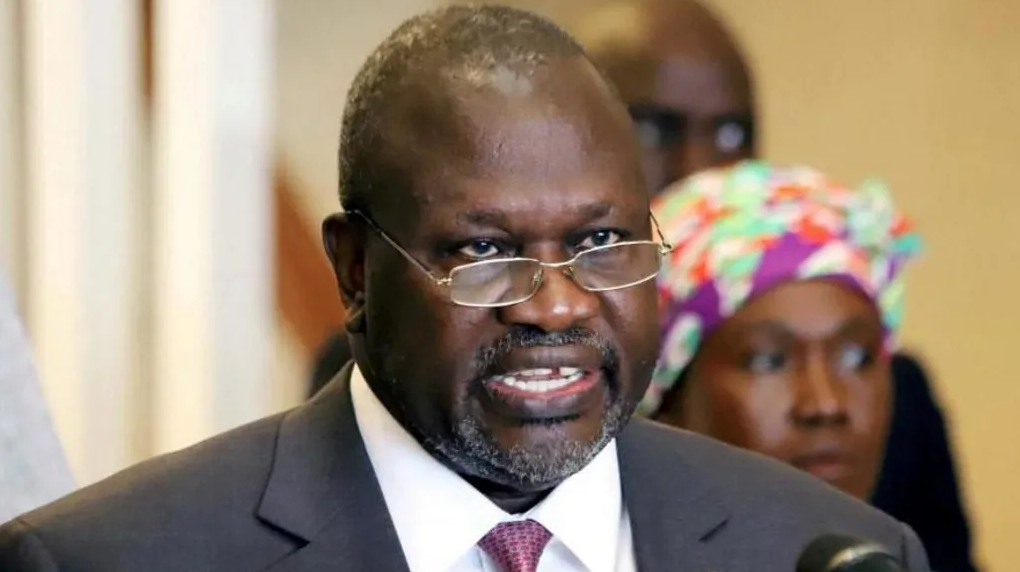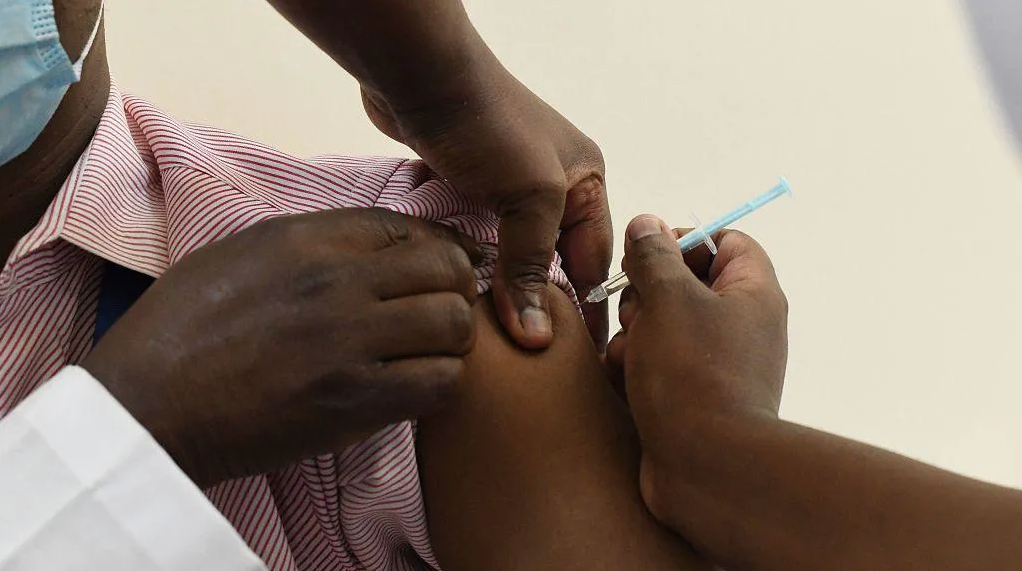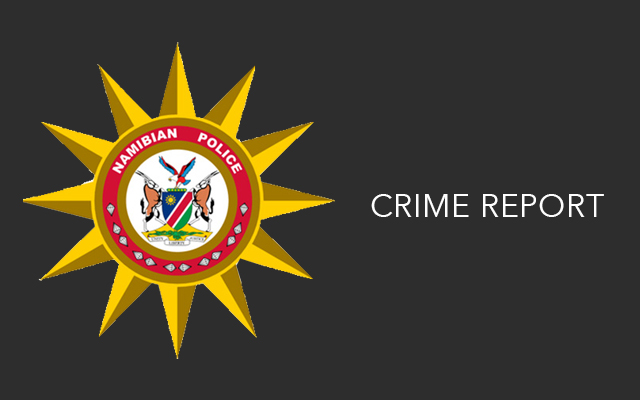A “national strike” is being threatened as Mozambique’s president-elect is sworn in on Wednesday, more than three months since disputed elections.
Daniel Chapo, who is 48, took 65% of votes in a poll that opposition leaders, electoral observers and the public at large said was doctored.
The outcome sparked a wave of demonstrations – some peaceful but others violent – leading to chaos, including killings and vandalism.
Chapo’s biggest rival is Venâncio Mondlane. Last week, he returned from self-imposed exile. He spent time in South Africa where he says he survived an assassination attempt.
He is now calling on Mozambicans to take to the streets, once more, on inauguration day “against the thieves of the people”.
Both of Mozambique’s leading opposition parties – Renamo and MDM – say they are boycotting Wednesday’s swearing-in ceremony because they too do not recognise Chapo as the rightful winner.
Even those in Mozambique who do wish the president-elect well openly question his legitimacy.
“Chapo is someone I admire greatly,” civil society activist Mirna Chitsungo tells the BBC.
“I worked with him for four years – I am familiar with his willingness to act, his openness to dialogue, and his readiness to follow recommendations from civil society on the ground.
“However, he is assuming an illegitimate power. This stems from a fraudulent electoral process… He is taking power in a context where the people do not accept him.”
‘He will face many enemies’
In addition to winning over a hostile public, Chapo will also have to deliver the economic turnaround and halt to corruption that he promised on the campaign trail.
“Chapo will face many enemies because it looks like Mozambique is run by cartels, including cartels of books, cartel of medicines, cartel of sugar, cartel of drugs, cartel of kidnappings, mafia groups,” says analyst and investigative journalist Luis Nhanchote.
“He needs to have a strong team of experts, willing to join him in this crusade of dismantling the groups meticulously,” he adds.
“But first, he has to calm down Mozambicans and do all in his power to restore peace in the country.”
Daniel Francisco Chapo was born on 6 January 1977 in a place called Inhaminga, Sofala province, the sixth of 10 siblings. These were the years of Mozambique’s civil war, and the armed conflict forced his family to move to another nearby district.
His secondary schooling in the coastal city of Beira was followed by a law degree from Eduardo Mondlane University then a master’s degree in development management from the Catholic University of Mozambique.
Now married to Gueta Sulemane Chapo, with whom he has three children, Chapo is also said to be a churchgoing Christian and enthusiast of basketball and football.
Many current and former colleagues describe Chapo as humble, hardworking and a patient leader.
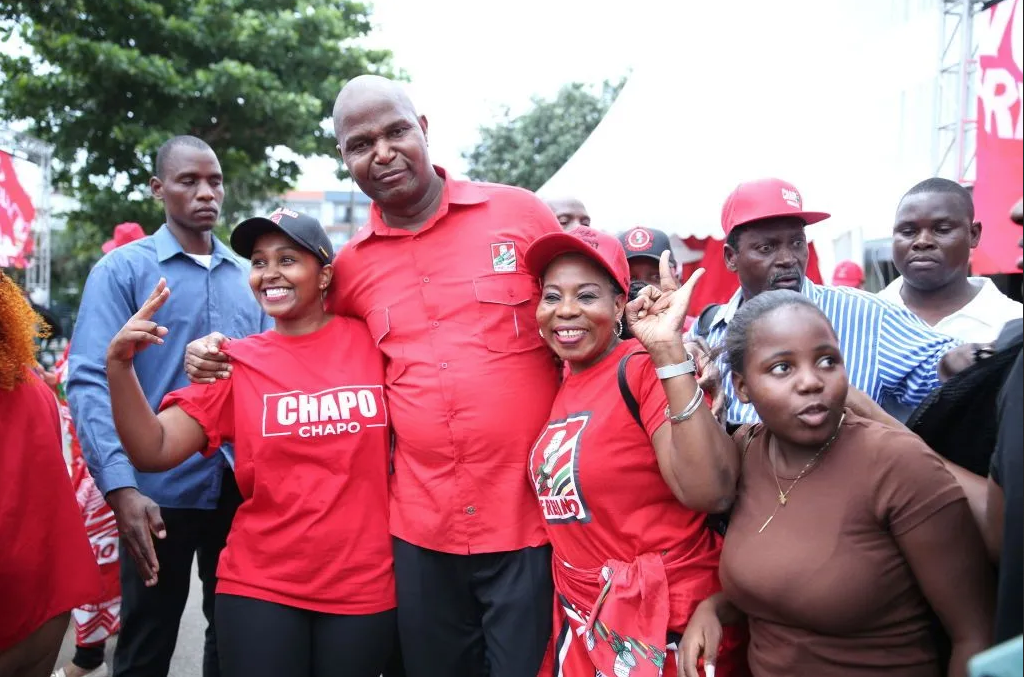
Ahead of becoming the ruling Frelimo party’s presidential candidate he had been a radio and television host, a legal notary, university lecturer and provincial governor before rising to the post of general secretary in Frelimo.
Speaking at his recent birthday celebrations, Chapo himself acknowledged the daunting challenge awaiting him as president.
“We must recover our country economically… it’s easy to destroy, but building is not an easy task.”
National reconciliation, creating more jobs, reforming electoral law and decentralising power are top of his agenda, he said.
But how successful can he be without the country behind him?
At the very least he will mark a change from outgoing President Felipe Nyusi, whom Ms Chitsungo says many Mozambicans will be happy to see the back of.
“Chapo is a figure of dialogue and consensus, not one to perpetuate Nyusi’s violent governance style. He has the potential to negotiate with Mondlane.
“While Chapo may not fully satisfy all of Mondlane’s demands, I believe he could meet at least 50% of them,” adds Ms Chitsungo.
Mondlane – a part-time pastor and independent candidate who insists he was the true winner of the polls – is reported to be sheltering in one of the capital city’s hotels. It is not known what security protection he has there, nor who is paying for it.
He alleges that last week while touring a market in Maputo a vendor in his vicinity was shot, echoing the murder of two of his close aides in October.
As the mastermind of nationwide protests against the disputed election result, he has come to be seen by many as a voice for the voiceless. Yet, at present, the president-elect’s camp is not engaging him publicly.
Nonetheless, listening to the public’s grievances and demands, and sometimes ignoring the commands of his ruling Frelimo party, will be key to Chapo’s success, analysts have told the BBC.
Finding some way of engaging constructively with Mondlane would undoubtedly provide a boost, it seems.
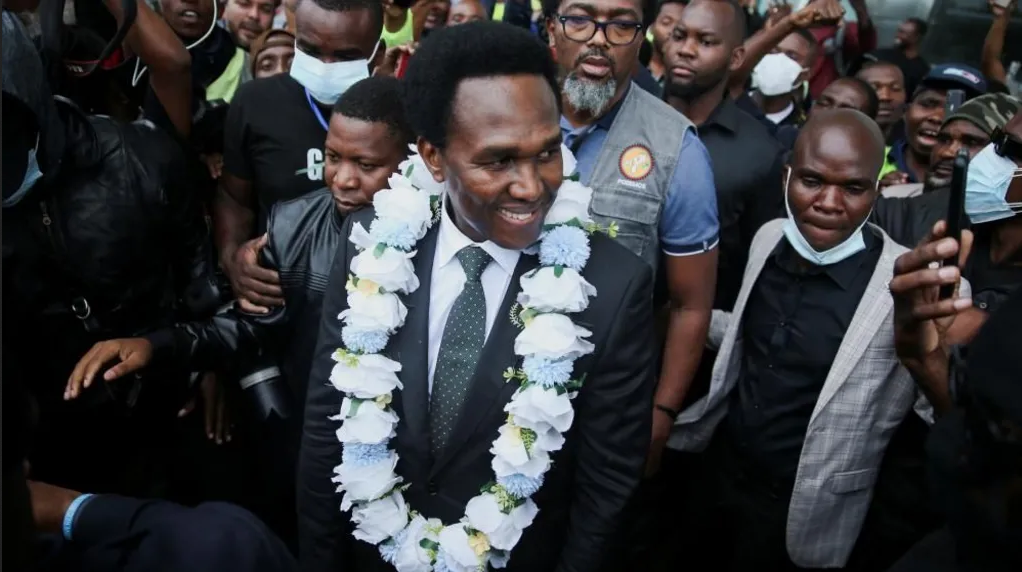
Winning the public over may also require Chapo to say no to “fat salaries for the elite and fringe benefits, some of which are 10 times higher than Mozambique’s minimum wage”, argues Mr Nhachote.
Plus, if Chapo is to have any chance at bringing an end to the broader political crisis, he will require support from others to make lasting, structural change, argues prominent clergymen Rev Anastacio Chembeze.
“Perhaps we should remain sceptical of one single person to solve the challenges of Mozambique – change must start within the system itself.
“We should strive for a separation of powers within the state apparatus, the international monopolies have huge interests in the country, and we have serious ethical issues within the political elites to address it.”
Once in the office Chapo is advised to sack the country’s Police Chief Bernadino Rafael, analysts have told the BBC. He denies any wrongdoing but is regarded by some as the mastermind of the brutal response to the post-election protests.
They say they want him replaced with a successor who “respects human rights” and follows legal and international standards. Another suggestion analysts have touted is for a new attorney-general to be brought in.
Notably, Chapo will be the first president of Mozambique who did not fight in the independence war.
“He is part of the new generation. Part of his background is completely different from his predecessors – he was born in a country liberated by them,” says Mr Nhachote.
“If he wants to make a real mark on history, he has to challenge those past icons. If he can’t [manage that], I am sure that he will only run for one term.” – BBC
Stay informed with The Namibian – your source for credible journalism. Get in-depth reporting and opinions for
only N$85 a month. Invest in journalism, invest in democracy –
Subscribe Now!




